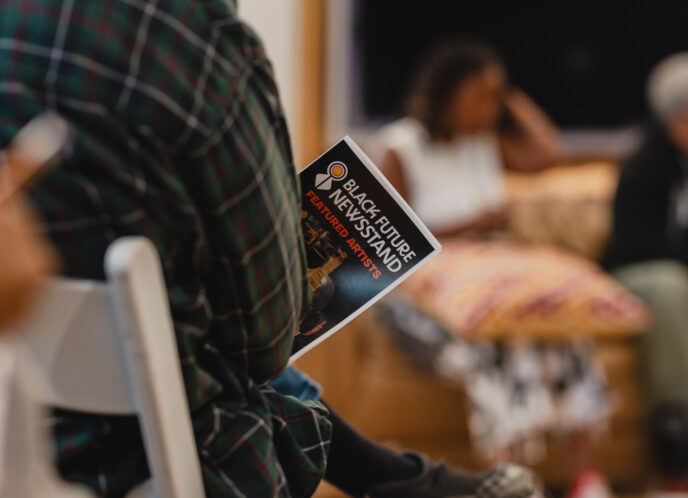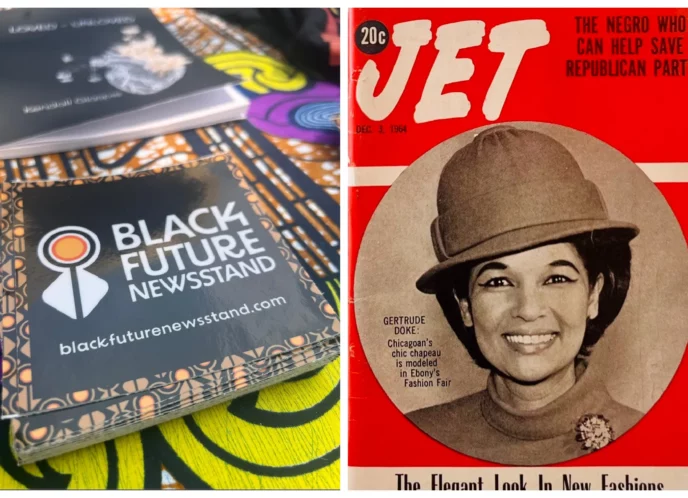July 15, 2014
Re: Protecting and Promoting the Open Internet, GN Docket No. 14-28; Framework for Broadband Internet Service, GN Docket No 10-127; A National Broadband Plan for Our Future, GN Docket No. 09-51; State of Wireless Competition, WT Docket No. 13-135; Broadband Industry Practices, WC Docket No. 07-52.
Dear Ms. Dortch:
The Media Action Grassroots Network (MAG-Net) is a national network, working for media change to end poverty, eliminate racism and ensure human rights. Together, our 175 members represent communities of color, low-income consumers, rural and Tribal members and migrant communities. In short, we represent the interests of the most marginalized communities in our nation.
Our Network believes the Open Internet plays a pivotal role in ensuring racial and economic equity in the 21st century. Without a strong legal framework that ensures the benefits of the Internet are broadly shared, our members are forced to navigate a platform that further entrenches and exacerbates harmful disparities. In particular, any devolution of network neutrality rules will harm independent artists, musicians and social justice advocates that currently use the open Internet to reach audiences otherwise inaccessible in a heavily corporatized and consolidated media. Without an Open Internet, these innovators and entrepreneurs face tremendous barriers to entry that choke their opportunities for creative expression, opportunity, democratic participation and community building.
In order to ensure an equitable future for our most vulnerable communities, it’s essential that the FCC prioritize the fair treatment and meaningful involvement of voices that are often overlooked or undervalued. To this end, MAG-Net visibly clarify the threat posed to our members by weak network neutrality rules, and refute the incorrect presumption that the FCC can protect our digital future with Section has devised a creative solution to 706 of the Telecommunications Act.
Arts and culture can provide a public narrative about the Internet otherwise unavailable to decision-makers. The creative use of words and images have long moved people in our society to think critically about issues that impact entire communities through emotional connections that arise from reading and listening to poetry. This filing—a first we believe, in FCC history—marks a moment when the collective voices of MAG-Net members and allies are delivered in the form of Haikus. Together, these submissions represent our creative power, in a poetic form. We submit these words knowing that if you listen, they have the power to shape the future trajectory of our nation’s telecommunications landscape.
The seventy-five poems submitted today articulate a clear vision for an Open Internet that includes a call for strong and protective rules on both wireless and wireline devices; no blocking of content, applications or services; no unreasonable discrimination or paid prioritization; and greater transparency with regard to network management and performance.
In closing we remind the Commission, and Chairman Wheeler specifically, that you are faced with a clear choice—will you take the necessary steps to equalize the Internet through reclassification under Title II Authority, or will you instead lock digital inequality in? Our members have used poetry to urge you to protect the Internet with Common Carrier status. Now it’s the FCC’s turn to use your authority and your voice as decision-makers to ensure our communities are armed with information, imagination and the ability to engage with one another, by protecting network neutrality.
The result will be a nation with a stronger and more equitable democracy.
Sincerely
READ THE INTERNET HAIKUS SUBMITTED TO THE FCC HERE
SEE THE INSTAGRAM PHOTOS FROM THE NET NEUTRALITY ACTION HERE


